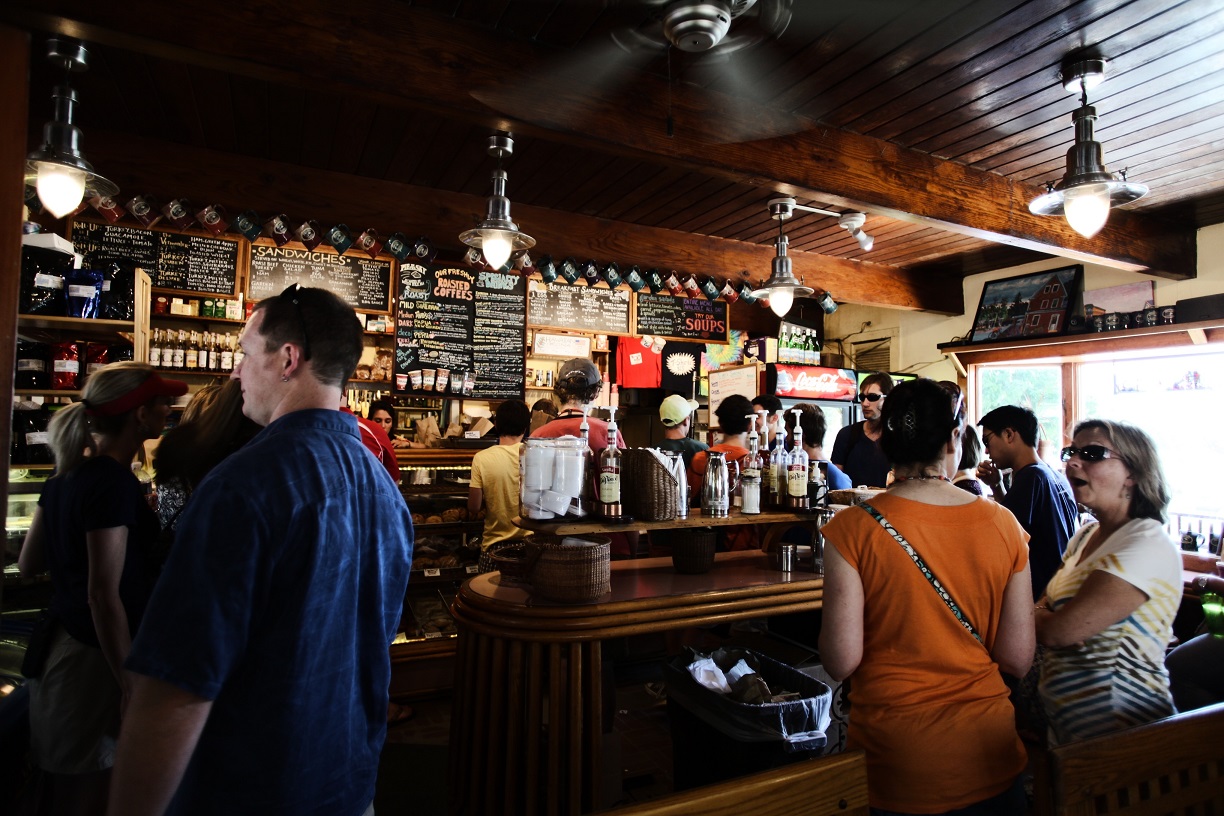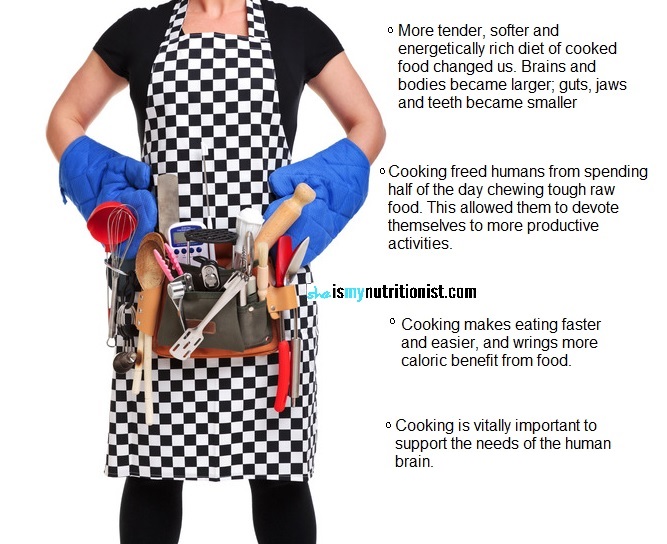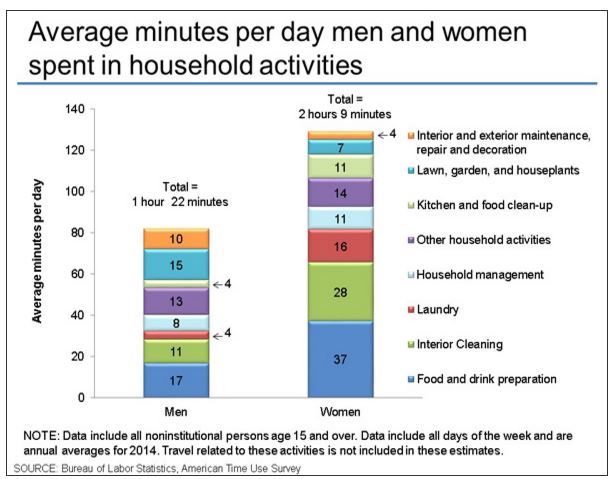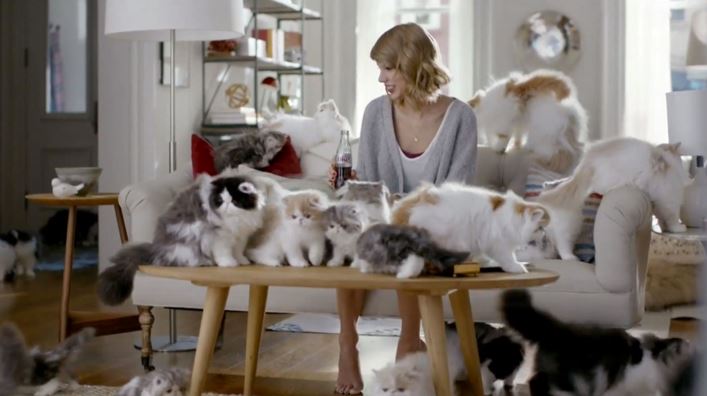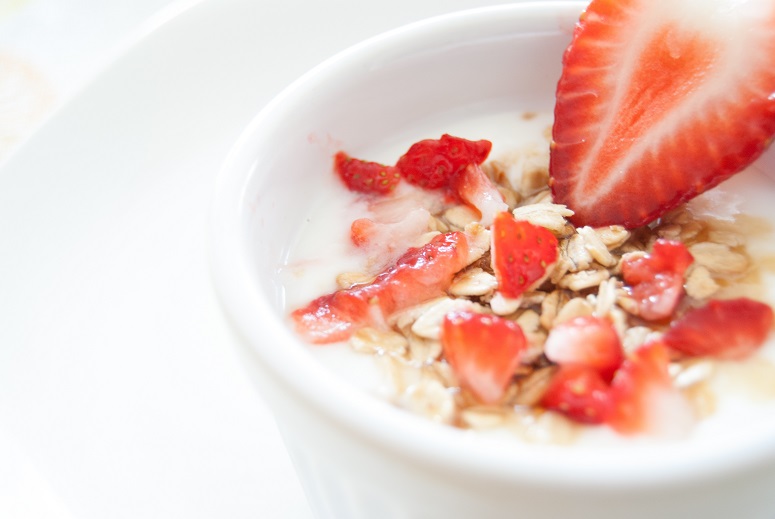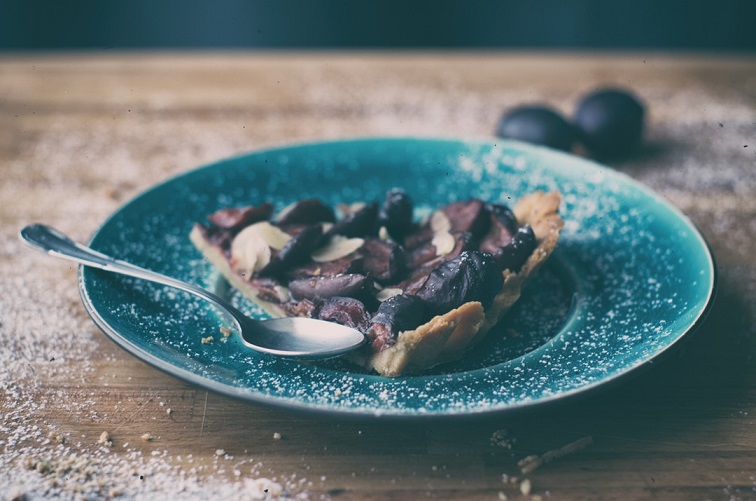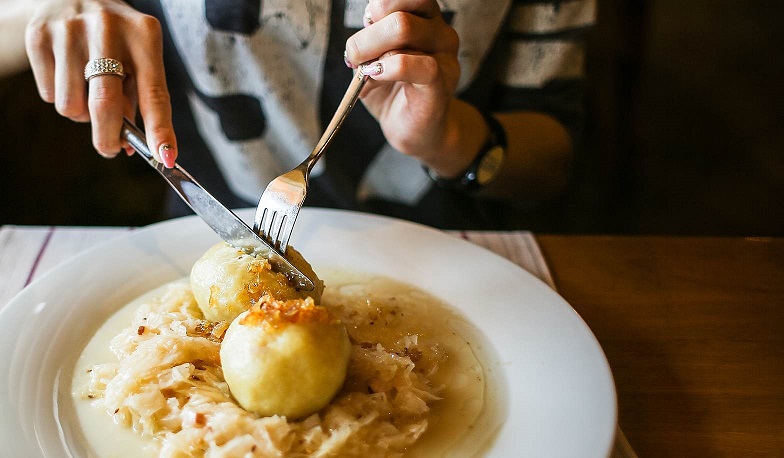The evolution of cooking.
Part 1 : Once upon a time, long long time ago…
According to Mr Richard Wrangham, a professor of Biological Anthropology and researcher in Evolutionary Biology at Harvard University, cooking is what made us human!
Forget the use of tools or the development of agriculture; it seems like it is the invention of cooking that led to the rise of humanity.
‘Cooking had an absolutely monstrous effect on us’ Mr Wrangham says in his interview with Edge.
Here are some of these effects that happened roughly 1.9 million years ago:
Also according to Mr Wrangham, the adoption of cooking had profound impacts on human families and relationships.
Thanks to cooking there was no need to move from one food patch to another. It was not necessary to eat as you go anymore, you could accumulate the food and cook it when needed.
And the effect of this was that food then became something that could be stolen.
 Males being bigger than females, it was easier for them to steal the food instead of bothering cooking it themselves.
Males being bigger than females, it was easier for them to steal the food instead of bothering cooking it themselves.
All this drove humans to form couples. The most efficient way to survive back then was for females to provide the cooked food and the males to provide security.
In other words, the invention of cooking a million years ago is what led us to the birth of the traditional male-female household roles !
***
Part 2 : Women in the kitchen
Back to nowadays. These are the results of a 2014 American survey. As you can see, it seems that women still spend more time cooking then men do. (Note : these numbers are comparable in other developed countries).
Women spend twice as much time preparing food then men. Approximately 20 minutes more per day.
But compared to the 60’s, women spend half as much time (47.2 minutes/day less) preparing food. Men, on the other hand, had a small increase in their participation (+8.3 minutes).
Spending less time cooking wasn’t necessarily a result of more efficient cooking methods or cooking tools.
People spend less time cooking at home because they spend more time eating out or eating pre-pepared food.
Part 3 : Cooking, why bother?
Here in the next graph you can see that calorie consumption from eating home prepared food decreased a lot. Eating out more than tripled from the end of the 60’s to the mid 90’s. (Data sources: Household Food Consumption Survey. USA)
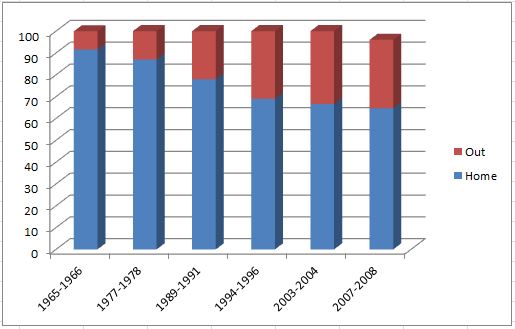
One of the results of these changes is that American diets have shifted towards decreased nutrient density.
Less than 20 percent of Americans meet the USDA guidelines for a healthy diet, including fruits, vegetables, whole grains and low-fat dairy products.
Unsurprisingly, lack of time is reported as a major barrier to preparing nutritious meals, prompting people to “buy” time through the purchase of convenience foods.
Ok, I understand that we have less time to prepare our own food, BUT…
Do you know what else happened in the 60’s ?
Television !
Television happened.
Television became firmly entrenched as America’s new hearth.
And today Americans spend an average of 2.82 hours a day watching T.V
An average Brit will spend 9 years of his life watching T.V
An Australian will spend an average of 20.7 hours per week watching T.V
A Canadian: an average of 30 hours a week.
Do you know how many home cooked nutritious meals you can cook with that time ? … A lot.
Part 4 : The art of cooking
One study shows that 28 % of americans do not know how to cook.
Another one says that more than half of British adults only know how to cook up to 5 meals without consulting a recipe.
Not knowing how to cook seems to be the second-most-cited reason for not cooking regularly.
I asked this simple question to a few food bloggers : How did you get to love cooking ? What was your inspiration ? Was there an ‘aha’ moment ?
And these are a few answers I got :
‘I grew up in a small town in Oklahoma across the street from my grandma who was always cooking and baking. When I moved to California for college I took my families love of cooking with me. As I started blogging, I decided to incorporate some of my family recipes in to the blog, then I started to create my own new recipes for the blog. (…) Now 4 years, and over 700 recipes later, I couldn’t think of anything I’d rather do than share my recipes with the world every day!”
‘I learnt to cook from an early age, by cooking with my mother. She encouraged me to experiment in the kitchen, to work out ways to use up the produce from the garden and the markets, to use what we had on hand, and to be creative. My grandmothers were also skilled in home cooking, and my grandfather was an army Mess Sergeant, so I grew up surrounded by cooks.
Because of food intolerances, I learnt to develop recipes with replacements for sugar, dairy and wheat, basing them on the recipes I’d grown up with and loved. I soon realised that many people struggle with this way of cooking, and it became my passion to help others learn to cook for special diets and good health.’
My mum is an amazing cook and I grew up surrounded by delicious food:home cooked dinners,juicy fruit and vegetables straight from the garden, freshly baked cakes.I had no interest in cooking at that time but I suppose watching my both parents passion for great food imprinted on me somehow.
(…) Cooking is a constant learning experience and I absolutely love this beautiful journey,discovering new recipes,finding new ingredients,learning new methods and trying new flavours!
Just like Whitney, Jo and Bea, studies have shown that up to 73 % of those who know how to cook learnt from their mother and\or their grandmother.
But then again, not every child is invited into the kitchen to participate in the preparation of food.
Read this : ‘I didn’t get my love of food from my mom’. HERE is the personal story of Michelle from thetiffinbox.
In this article, Michelle says that she doesn’t blame her mother for not being passionate about food the way she is.
She says that her mother didn’t want her and her sibblings tramping around the kitchen, messing up her system and making a mess.’
But still, if we continue reading the article we can read this here : ‘I only started cooking for myself when I was lonely and homesick in England, and the food of homeland and childhood made me feel closer to my family, despite the distance between us.’
So even though Michelle wasn’t invited in the kitchen as a child, it is still the memory of home cooked food from her childhood that triggered her love of cooking.
A full circle !
If you are part of those who missed the opportunity to learn from your elders, this is not a fatality.
There are many other ways to learn. One of them is by following one of the thousands of food blogs out there and to simply start cooking ! You can also check out the food blogs of Jo, Michelle, Bea or Whitney 😉
Cooking is part of the circle of life. And a healthy life is only possible if we cook.
Follow this link and take a quiz to see if you have basic cooking skills!
Sofia Abdelkafi Registered Nutritionist
![]()

